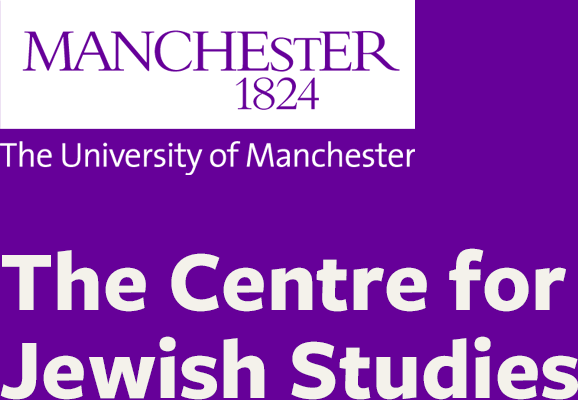Darwin’s Jews: Evolutionary Theory, Jewish Thought and Interfaith Relations
Leverhulme Major Research Fellowship 2013-15
Prof. Daniel Langton
This is a two-year research project on Western Jewish engagement with biological evolutionary theories, Darwinian or otherwise. One result was Darwin's Jews: Online Reader.
Evolution had been in the air well before Charles Darwin arrived on the scene. It was with the publication of his Origins of Species (1859) and the theory of natural selection as the primary mechanism, however, that the idea of evolution came to be regarded as a serious challenge to religious thinkers. In contrast to alternative theories, Darwin’s insistence upon the chance processes, the cruelty, and the wastage of life that appeared inherent to the ‘struggle for life’ were more problematic.
European and North American Jews from across the religious spectrum had, like their Christian counterparts, long been familiar with the general idea of evolution. Many had found in the transmutation of species a useful analogy to spiritual or religious development. But Darwin provoked a sea-change, such that a good number felt obliged to establish oppositional, alternative, synthetic, or complimentary models relating Jewish religion to his theory of natural selection. These responses to what is undoubtedly one of the most important and influential ideas in the modern world fall broadly into three contexts of interest to this project.
The first context is the religion-science controversy, and here there is a need to challenge the assumption characteristic of many religion-science studies that there is a shared Judeo-Christian approach to creation and evolutionary theory, an assumption that subsumes the Jewish into the Christian. The twentieth-century philosopher Hans Jonas, for example, articulated his combination of a free-will defence and biological theory by drawing heavily upon the very distinctive language and imagery of Jewish myth and mysticism. The second context is the historical development of progressive forms of Judaism, whose proponents have consistently claimed since the early nineteenth-century that they seek to reconcile Jewish religion with the best of contemporary scientific thought. Ironically, most studies of Reform or Liberal Judaism have tended to ignore the engagement of reformers with the science of evolution, which was arguably the scientific idea that drew the most sustained interest. A good example here is the series of twelve sermons published as The Cosmic God (1876) by the founder of American Reform Judaism, Isaac Meyer Wise, who offered an alternative theistic account of transmutation to that of Darwinism, which he dismissed as ‘homo-brutalism’. The third context is that of interfaith relations. Despite the high profile given to Darwinism in public Christian theological discourse about Creation and the fact that, since the Enlightenment, there has been a strong tendency for Jews to work out their responses to modernity in relation to Christian thought, the place of Darwinism in Jewish-Christian debate and dialogue is not well appreciated. The nineteenth century Italian Elijah Benamozegh is an example of a Jewish thinker who was suspicious of the theory of natural selection and of Christian theology, but who was nevertheless heavily influenced in his reading of evolutionary theory by Christian interpreters of Darwin.

